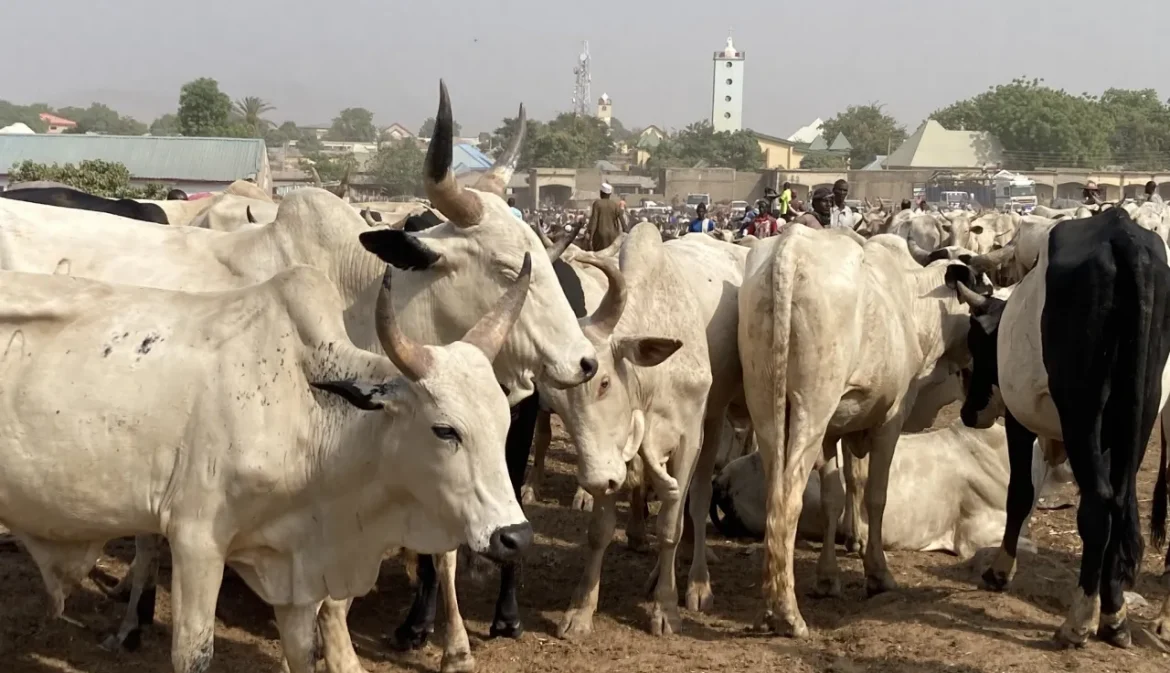By Muhammad Amaan
The Nigeria’s Federal Government said the Livestock sector contributes about 30 per cent of the rural economy and 10 per cent of the country’s Gross Domestic Product (GDP) in the agricultural sector.
The Minister of Livestock Development, Alhaji Idi Mukhtar Maiha stated this at the closing of the technical workshop on validation of the Pastoral Livestock Marketing Situation Analysis in Abuja.
The workshop was also on developing the implementation plan for the African Pastoral Markets Development (APMD) key interventions.
The workshop was organised by the African Union Inter African Bureau for Animal Resources (AU-IBAR) Project on the development of African Pastoral Markets.
It targeted defined trading corridors that would involve participation of Burkina Faso, Niger Republic, Chad and Cameroon that are important livestock trading partners in Nigeria.
Maiha expressed optimism that the objectives of the project would positively contribute to the growth and development of the livestock sector.
“I have briefly studied the focus and objectives of the project and is optimistic that it will positively contribute to the growth and development of the livestock sector.
“This contributes about 30 per cent of the rural economy and combined contribution of 10 per cent of the country’s Gross Domestic Product (GDP) with the agricultural sector,” he said.
He assured AU-IBAR of the commitment of the Government of Nigeria under the leadership of President Bola Tinubu to support the development of the key sectors of the African economy.
“Nigeria will continue to support policy and programmes development. The Ministry of Livestock Development is ready to participate in driving innovative and business led interventions that will transform the livestock sector to create jobs, promote food and nutrition security.
“It will also address the diverse conflicts affecting farming and pastoral communities,” he said.
Maiha said that the ministry is well positioned and set to work with diverse stakeholders at local, state, national and international levels to reform and develop the industry.
He said that some of the priority areas included, improving the productivity of producers and livestock enterprises, revamping animal health delivery and breeds improvements.
Others, Maiha said are development of critical resources and infrastructure, expanding market access, strengthening regional coordination and cooperation especially within the West and Central African sub-regions among others.
The minister thanked AU-IBAR for the contributions to the livestock sector, saying he looked forward to beneficial partnerships.




